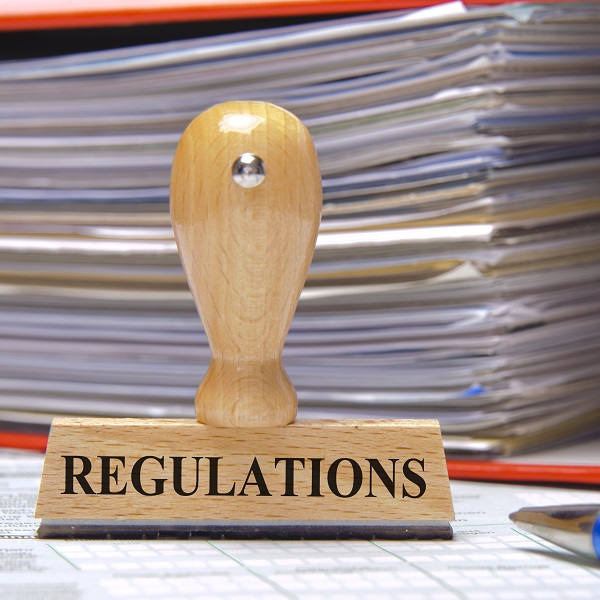
Any Crypto regulation must address future markets: Caleb & Brown
An estimated 4.5 million Australians own some form of cryptocurrency and this number is certain to rise over the next decade. Australia’s crypto adoption is widespread, with individuals, and increasingly, sole traders, Self-Managed Super Funds (SMSF) and Companies investing.
Caleb & Brown, a leading cryptocurrency brokerage and asset management firm, which saw a 17 per cent increase in investors in 2023, notes the adoption of crypto and digital assets will only increase in the next decade, matching the generational shift. 80 per cent of Caleb & Brown’s customers belong to Gen-X or Baby Boomers, while 70 per cent of the Bitcoin market is made up of Gen Z and Millennials.
“As more baby boomers retire from the workforce, and generational wealth transfers increase, the probability of widespread adoption of digital assets multiplies,” said Caleb & Brown CEO Jackson Zeng.
Zeng’s belief in the inevitability of widespread crypto adoption has him critically focused on regulatory policy design, as what may affect the perceivably small number of crypto users today will affect nearly all Australians eventually.
Enhanced protection of banking and payments infrastructure for crypto companies and encouraging banks to adopt on-chain monitoring of transactions are part of Zeng’s regulatory wish list. As a director of Blockchain Australia, Australia’s peak Blockchain industry body, Zeng identifies three policy areas for attention:
- Narrow scoping of custody obligations around centralised brokerages and exchanges first as they present the greatest risk to Australians
- Requiring Australian customer funds in global platforms to be segregated and monitored by fit and proper responsible persons who verify the assets on-chain. This recommendation, informed from a roundtable of industry participants, is in regards to the full recovery of assets at FTX Japan 3 months after the collapse, while the rest of the world has been in the bankruptcy queue for over 15 months.
- Greater participation and support from deposit taking institutions in providing secure banking and payments infrastructure to licensed crypto exchanges. Taking a page from Hong Kong regulator HKMA, Zeng invites Australian regulators to encourage banks to revisit their crypto-allergy post-licensing of Crypto exchange.
Amid greater market adoption and increased public scrutiny, Caleb & Brown and others in the cryptocurrency industry continue to prioritise security and data protection. “Caleb & Brown invests extraordinarily in its security performance to build trust with clients, many of whom are high net-worth individuals,” said Zeng.
A recent report posited an almost 30 per cent decrease in the quantity of cryptocurrency pilfered through scams in 2023 compared to 2022, and overall crypto hacking delivering illicit revenue declined by more than 54 per cent. Zeng notes that blockchains are transparent and transaction monitoring software enables exchanges to quickly tag transfers and collaboratively freeze ill-gotten funds and to be returned to victims of theft – which is rarely possible in cash. Regardless of this increased scrutiny, and slight decrease in pilfering, Zeng notes it is imperative for individual crypto investors to enhance their personal security by conducting thorough research on their investments and storing their assets in hardware or multisig wallets to keep them secure.
“For the general consumer, it’s crucial to remain vigilant against phishing scams by verifying URLs and avoiding sharing sensitive information,” said Zeng. “Staying informed about the latest security practices and threats in the crypto space are also key strategies for reducing exposure to scams and security breaches – something we advocate to all cryptocurrency investors and which our clients can call their personal broker to assist with.”
Complementing Caleb & Brown’s enhanced security protocols, education initiatives informing clients of potential cyber threats, and maintaining open communication with clients allows the brokerage to deliver high levels of service and security.
Improved crypto security comes from increased investment in security and greater education amongst individual buyers to help reduce scams and hacking. Scrutiny from global law enforcement is helping reduce illicit activity, while government regulations will assist to eliminate rogue crypto players.


